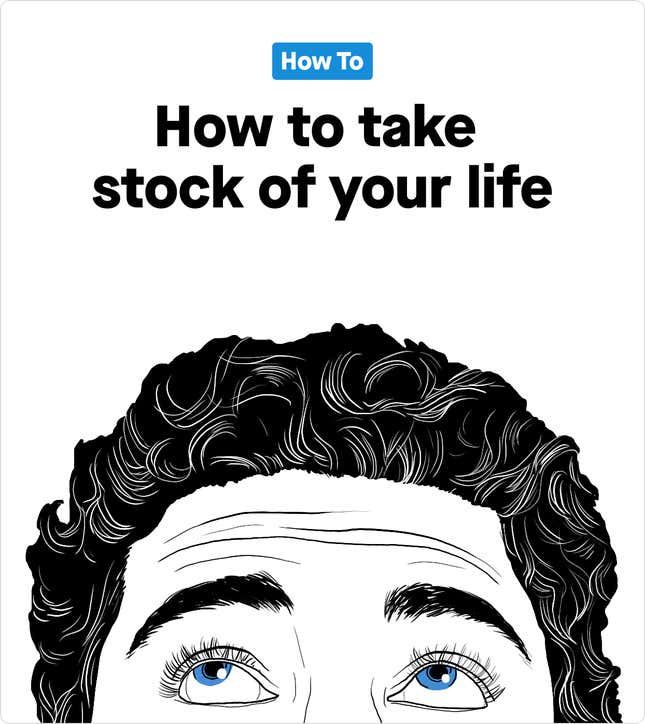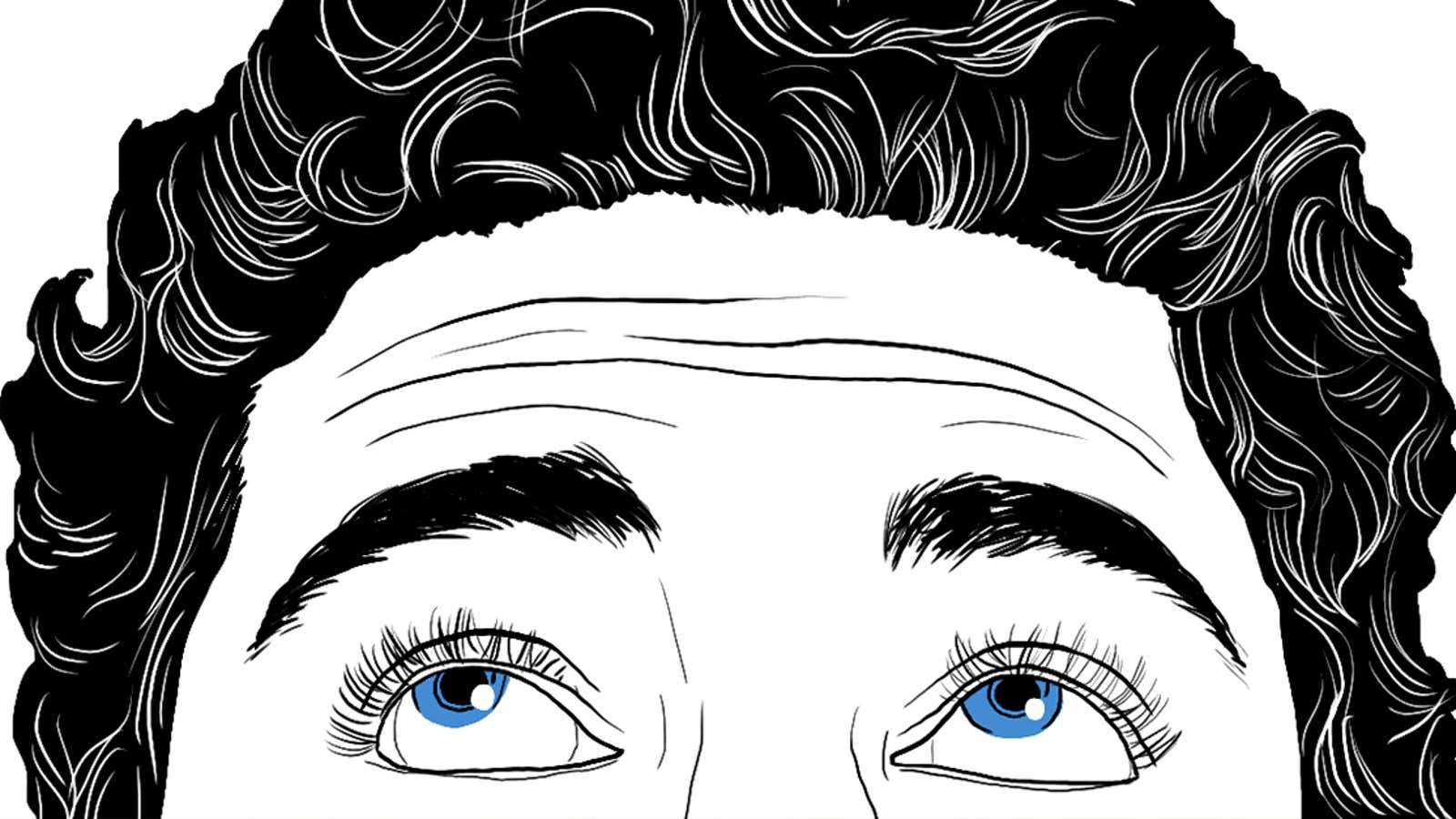
For millennia, people have wondered what it means to live a good life. Is it maximizing one’s own happiness or living as comfortably as you can? Is it helping others? Is it following a set of prescribed rules? They puzzled over the question, asking great thinkers and religious leaders to help guide them.
Even today, there’s no answer that is a one-size-fits-all for everyone. But in recent years, as psychologists have taken a more scientifically rigorous approach to what drives people’s feelings of satisfaction and wellbeing, they’ve developed increasingly sophisticated and insightful ways to understand what living a good life means to many.
Kicking it old school
A few wise words on what constitutes a good life:
“Every art, and every science reduced to a teachable form, and in like manner every action and moral choice, aims, it is thought, at some good: for which reason a common and by no means a bad description of the Chief Good is, ‘that which all things aim at.’”
—Aristotle, The Nicomachean Ethics, 350 BCE
“What is good? Everything that heightens the feeling of power in man, the will to power, power itself.
What is bad? Everything that is born of weakness.
What is happiness? The feeling that power is growing, that resistance is overcome.
Not contentedness but more power; not peace but war; not virtue but fitness (Renaissance virtue, virtù, virtue that is moraline-free).”
—Friedrich Nietzsche, The Antichrist, 1895
“Whoever would love life and see good days / must keep their tongue from evil and their lips from deceitful speech.”
“We have no more right to consume happiness without producing it than to consume wealth without producing it.”
—George Bernard Shaw, Candida, 1898
“Happiness is the condition of a rational being in the world with whom everything goes according to his wish and will; it rests, therefore, on the harmony of physical nature with his whole end and likewise with the essential determining principle of his will.”
—Immanuel Kant, Critique of Practical Reason, 1788
One big number
How happy, out of 10, Americans said they were in 2020 as part of the 2021 World Happiness Report. That puts the US in 14th place worldwide, up from 16th in the 2017-2019 report.
A new metric for living well
According to Aristotelian theory, there are two types of lives people strive to live: a “hedonic” life is one based on pleasure, comfort, stability, and strong social relationships; and an “eudaimonic” life that is primarily concerned with the sense of purpose and fulfillment one gets by contributing to the greater good.
But what if there was a third way—one that centers on interesting experiences that result in a change in perspective?
That’s called “psychological richness,” according to the authors of a new paper, published in the American Psychological Association’s Psychological Review. And it’s not totally separate from the hedonic and eudaimonic principles, but instead acts as a third lens through which people can assess their lives.
To reach this conclusion, the researchers surveyed hundreds of people from nine countries to see how important psychological richness was to them. They found that “a nontrivial number of people around the world report they would choose a psychologically rich life at the expense of a happy or meaningful life,” according to the paper’s abstract. And they found that they were able to predict people with a desire for psychological richness based on other parts of their personalities, such as being curious and thinking holistically.
The researchers still have more questions to answer. They suspect, for example, that a person’s desire for psychological richness might change during different stages of their life. And they’re curious about additional ways that people may seek to create good lives for themselves by centering things like creativity, love, and intellectualism.
Quiz yourself
As senior reporter Sarah Todd prepared to write her article about what a good life looks like, she asked a few colleagues if they’d like to chat about their individual views on the subject. The ensuing discussion was one of the most meaningful I’d had in a long time, certainly with coworkers. It allowed me to truly take stock after, frankly, trying not to during the pandemic. I was able to see how I’d grown, and to notice where I still felt lacking in my life.
We thought our readers would enjoy those questions, too. Use them as conversation starters, or as a way to check in with friends or loved ones, or make them into a self-assessment.
These questions are not the ones the researchers asked participants in the study Sarah wrote about. Nor do these necessarily adhere to the definition of “good life” used by philosophers or religious leaders. And we don’t intend them to be prescriptive in any way. They’re just food for thought and maybe for good conversation. —Alex Ossola
- What are the qualities you feel make for a good life?
- What are some of the words that come to mind for you when you think about what a good life would involve?
- Between a hedonic (pleasure, comfort, stability), eudaimonic (sense of purpose) and psychologically rich life (varied, perspective-shifting experiences), which is the most important to you? Which is the least?
- How much do you value stability?
- How open are you to change? (This is setting aside obviously bad changes, like the loss of a loved one.)
- Research suggests that extraversion is linked to happiness. How extroverted are you?
- How has the Covid era impacted your ability to create your version of a good life?
Keep learning
- There are two types of happiness—and we’re chasing the wrong one. We make our own happiness through our habits. Here are some good ones.
- The only metric of success that really matters is the one we ignore. Former Quartz reporter Jenny Anderson penned this powerful essay about the loss that prompted her to reassess what it means to truly be happy.
- How to turn fleeting joy into long-term happiness. The best life is the examined life, right? There might be a better way.
- Resilience is the new happiness. According to psychologist Anna Rowley, resilience is key because learning to deal with difficulty improves your chances of feeling good again.
- Why striving for happiness makes people miserable. Ask yourself: What, exactly, are you searching for?
- The Happiness Experiment. This Quartz project explores happiness in economics, history, and psychology.
Have a great weekend,
—Sarah Todd, senior reporter (chasing bliss by swimming in the ocean)
—Alex Ossola, membership editor (happiest when petting dogs)
One 😊 thing
Back in 2018, top colleges like McGill and Harvard began offering classes on happiness as a counterweight to some of the academic pressures students feel. “Our intuitions about what to do to be happy are wrong,” Laurie Santos, the psychology professor at Yale, told Quartz that year. Now some of these courses are available to the general public online; Santos’ online course, titled “The Science of Well-Being,” kicked off Sept. 1 with 3.6 million people enrolled.
